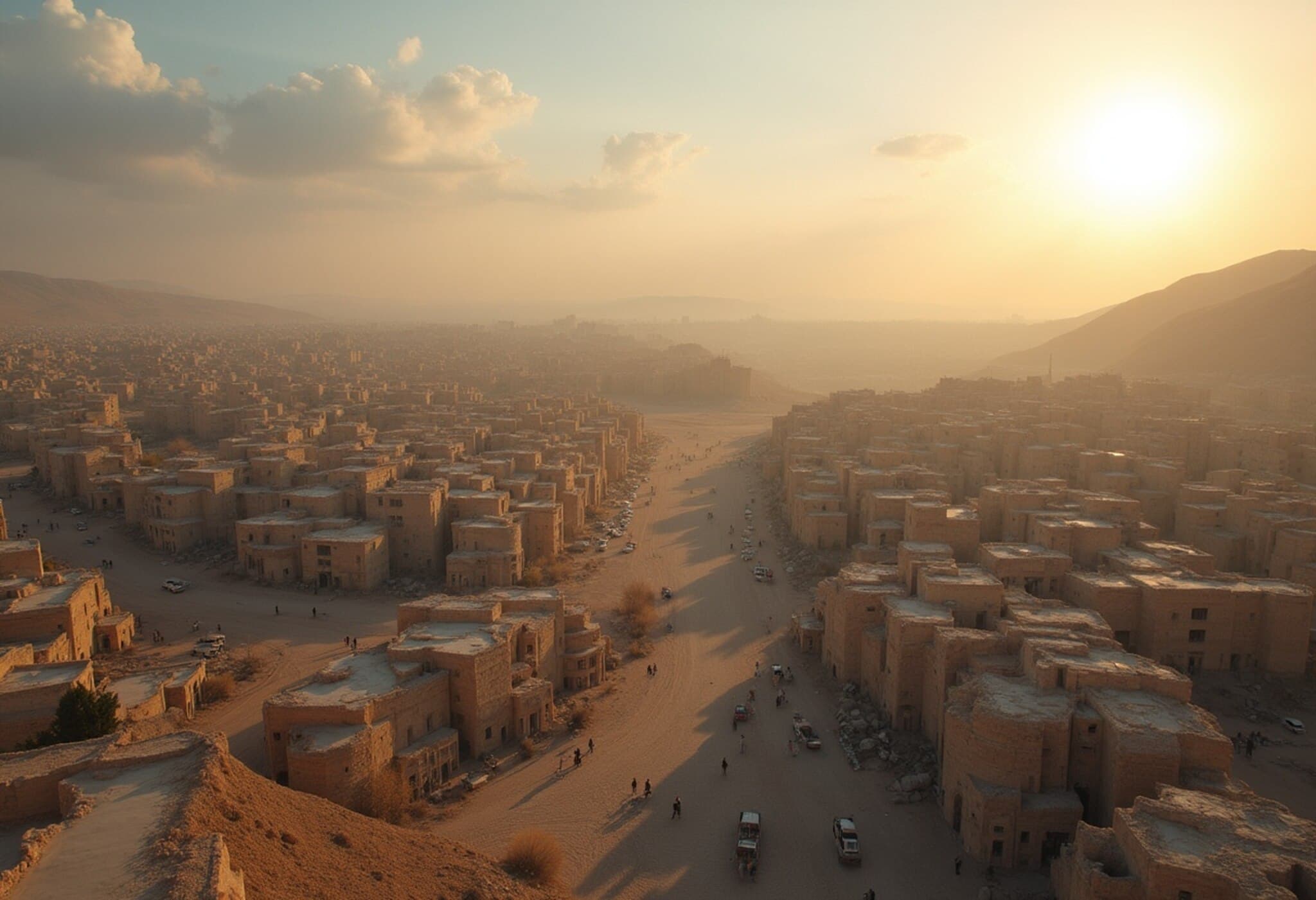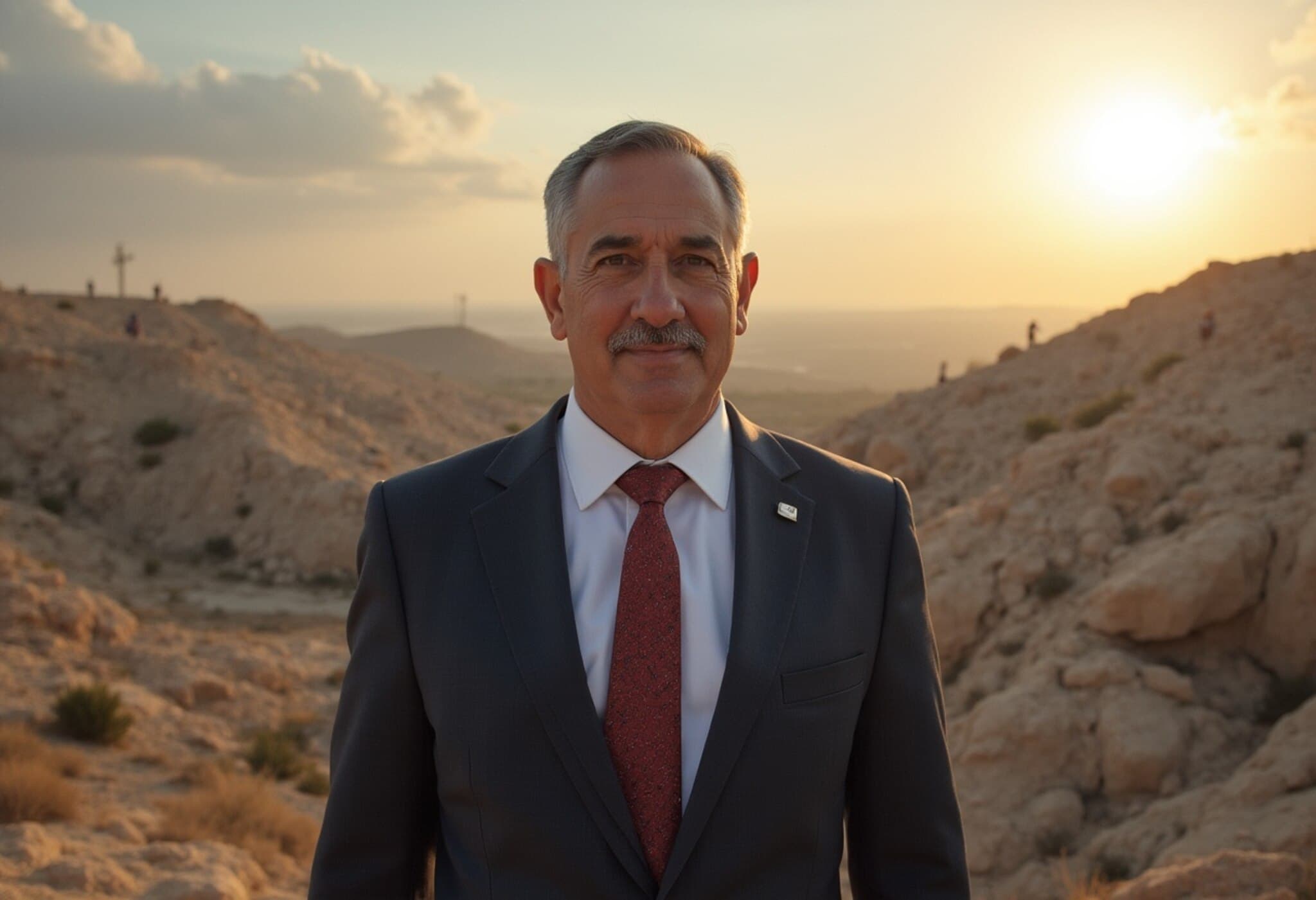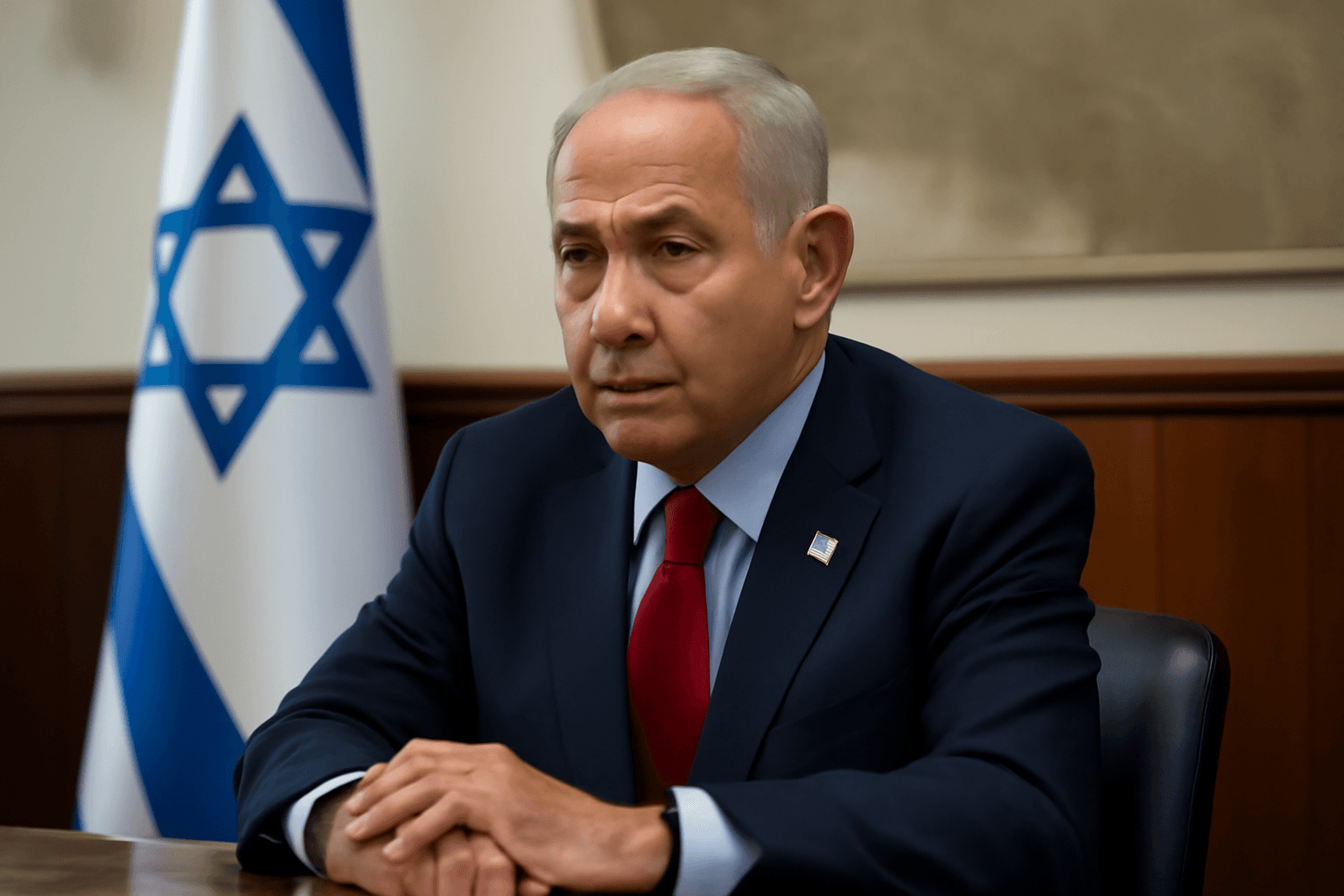Global Outcry as 21 Countries Condemn Israel’s West Bank Settlement Project
In a rare display of international consensus, 21 countries across Europe, North America, and Asia have jointly condemned Israel's decision to approve a controversial settlement project in the West Bank. The statement, released on August 21, 2025, calls the plan "unacceptable and a violation of international law," urging Israel to immediately retract its plans.
Who Signed the Statement?
Joining Britain and France, notable signatories include Belgium, Denmark, Estonia, Finland, Iceland, Ireland, Japan, Latvia, Lithuania, Luxembourg, the Netherlands, Norway, Portugal, Slovenia, Spain, Sweden, Australia, Canada, and Italy. The European Commission’s foreign affairs chief also added weight to the condemnation.
Background: The E1 Settlement Plan
The dispute centers around the development of approximately 12 square kilometers (5 square miles) known as the E1 area, a strip of land located east of Jerusalem. The plan aims to build around 3,400 housing units connecting Israeli settlements near Jerusalem with the large settlement of Maale Adumim. This project, critics argue, would threaten to bisect the West Bank and sever Palestinian territorial contiguity.

International Legal and Political Implications
All Israeli settlements in the West Bank are broadly considered illegal under international law by the United Nations and most countries, including the United States’ recent reaffirmations, although interpretations and policies vary. Settlement expansion is widely viewed as an obstacle to the long-proposed two-state solution, which envisages a sovereign Palestinian state alongside Israel.
“This decision severely undermines the prospects for a two-state solution by fragmenting any future Palestinian territory and restricting access to Jerusalem,” a spirit echoed in the joint statement, which specifically quoted Israeli Finance Minister Bezalel Smotrich’s comment that the plan "will make a two-state solution impossible." Smotrich, considered part of Israel's far-right government faction, has been vocal about expanding settlements.
Concerns Raised by International Leaders and Palestinian Authorities
The Ramallah-based Palestinian Authority (PA) has condemned the approval vehemently, viewing it as yet another encroachment on Palestinian land rights and sovereignty. The United Nations — including Secretary-General António Guterres and Philippe Lazzarini, head of the UN Relief and Works Agency for Palestinian Refugees (UNRWA) — have also expressed deep concern.
Lazzarini remarked, "The E1 project would completely cut off the northern and central West Bank from the south — erasing any territorial continuity." He stressed that such moves inch “the vision of two states further out of reach.”
Reactions from Western Governments
In a diplomatic move, the British government summoned Israel’s ambassador to London, Tzipi Hotovely, to formally protest the plan. The UK Foreign Office stated, “If implemented, these settlement plans would be a flagrant breach of international law and would divide a future Palestinian state in two, critically undermining a two-state solution.”
Other signatories echo these sentiments, emphasizing that the project “brings no benefits to the Israeli people” while fueling regional instability and violence.
Why This Matters: The Broader Context
The E1 settlement plan represents more than a local land dispute; it touches the heart of decades-long Israeli-Palestinian tensions and the broader Middle East peace process. Critics argue that Israeli settlement policies, particularly in sensitive areas like E1, jeopardize international efforts to negotiate a sustainable peace accord.
From a U.S. foreign policy perspective, maintaining peace in the region remains a complex challenge, balancing strategic alliances with calls for diplomatic solutions. Economically, prolonged instability undermines potential development and investment opportunities for all parties involved.
Moreover, the plan raises critical human rights questions about the freedom of movement, territorial rights, and the viability of Palestinian self-determination — issues the international community is watching closely.
Looking Ahead: What Comes Next?
- Diplomatic Pressure: The united front of 21 nations signals intensified diplomatic efforts to halt the settlement expansion.
- Potential Israeli Government Response: With significant international backlash, Israel faces increased pressure to reconsider or revise the E1 development plans.
- Impact on Peace Process: Actions taken in E1 could either delay or derail future negotiations for a two-state solution.
As the region watches closely, the unfolding developments in the E1 area will serve as a crucial test of the international community's ability to influence on-the-ground realities and uphold international legal norms.
Editor’s Note
The condemnation of Israel’s E1 settlement plan by 21 nations underscores the delicate balance of regional politics, international law, and human rights in one of the world’s most enduring conflicts. Beyond the dense legal arguments and political ramifications, the core issue remains a human one: the right of people to live with security, dignity, and self-determination. As diplomatic dialogues intensify, it remains to be seen whether this unprecedented coalition can effect real change or whether the cycle of settlement expansion and conflict will persist, challenging the very prospects of peace in the region.













